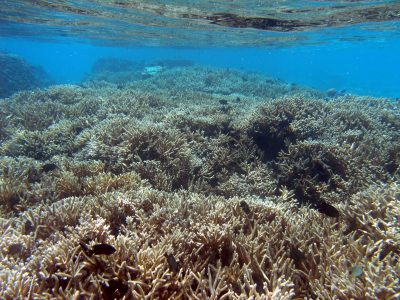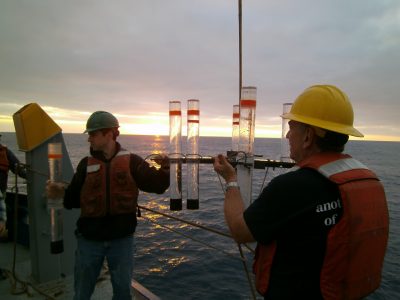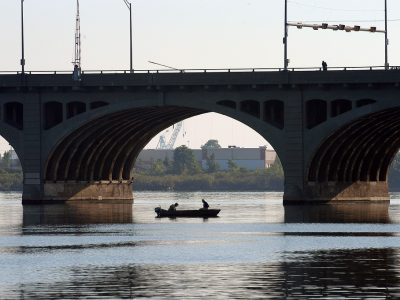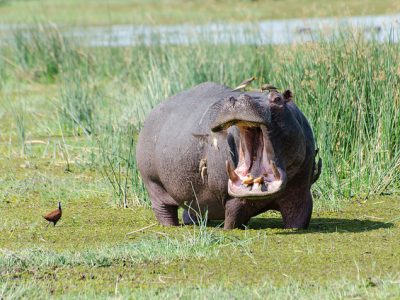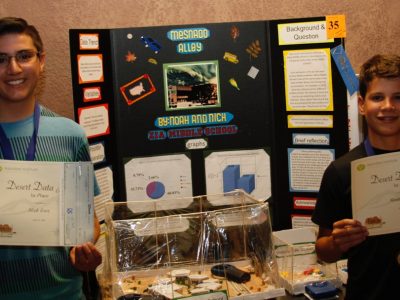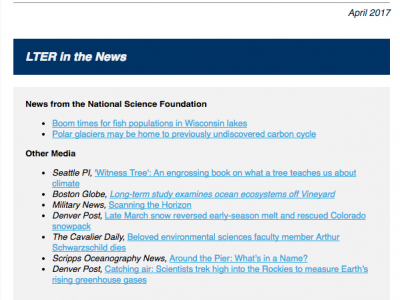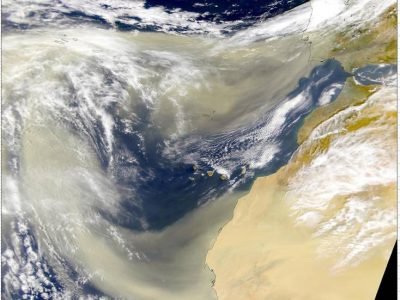Cold Air Drainage Flows Subsidize Montane Valley Ecosystem Productivity
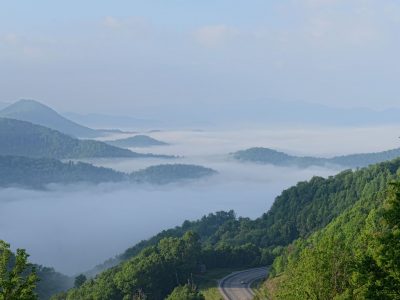
Landscape ecologists and nature-lovers are well aware of the way that valleys collect deeper, moister soils than neighboring hill slopes and crests. Now, researchers at Coweeta LTER have have found that cool air, sliding downslope from higher elevations and pooling in mountain valleys, subsidizes productivity in a different way. The cold air drainage was most prevalent at night and in the evenings, so it had little effect on photosynthesis, but reduced plant and soil respiration by about 8 percent. Overall, the authors estimate it boosted annual net carbon uptake by about 15 percent.

